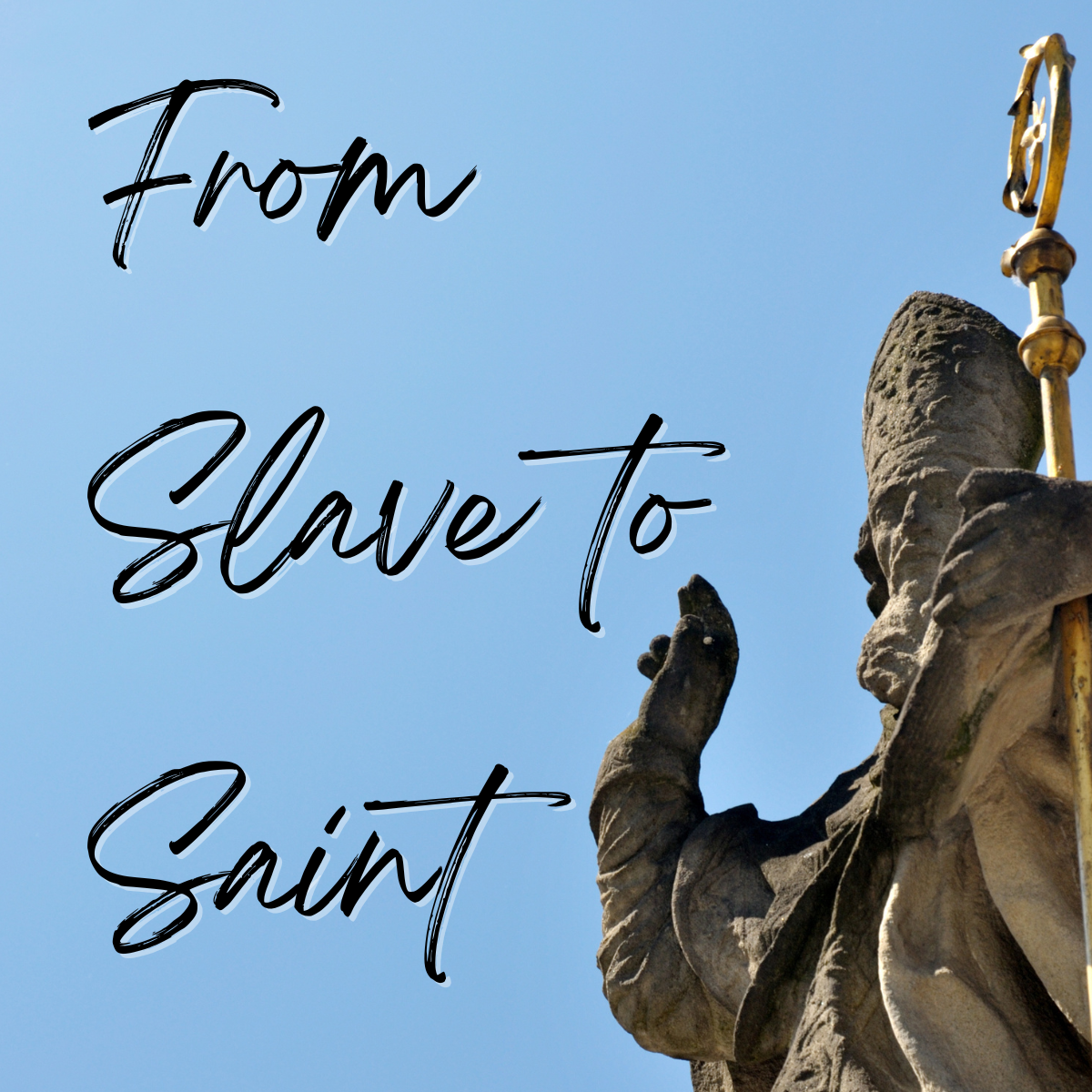God can take the pain inflicted on us and turn it into something redemptive, good, and even beautiful. He did it for St. Patrick, who was stolen from his family and sold into slavery as a teenager. I can say now that I’m almost ten years out from a stage 4 cancer diagnosis that I’m not sad that I got cancer because of all the ways He healed me through it. When we are facing the worst, sometimes people flippantly whip out a scripture like Romans 8:28. This feels like they are walking by a shooting victim and, without breaking stride, throwing a bandaid on a gaping blood-gushing wound. God gently worked within me during my stage 4 cancer, and I cherish it now after all these years. In reading a translation of St. Patrick’s “Confession,” we see God’s redemptive thread that runs through the darkest times of our lives when we turn to Him.
28 And we know [with great confidence] that God [who is deeply concerned about us] causes all things to work together [as a plan] for good for those who love God, to those who are called according to His plan and purpose.
Romans 8:28
From the “Confession of St. Patrick”

Humbled and Lifted
Having some Irish roots, I love to celebrate this holiday. This year, I read a translation of St. Patrick’s Confession, which he wrote roughly 1,500 years ago. As I read, I realized that the ways we celebrate this holiday rob us of the gift and teaching from the life of this humble man. It’s easy to get trapped in the trappings and traditions and be deprived of their meaning. I still made corned beef, cabbage, potatoes, and homemade Irish soda bread, and we went to see our local St. Patty’s parade. However, as I’ve done it all this year, I couldn’t help but meditate on St. Patrick’s life and how God can take any circumstance and turn it into good. God can and will take the humility of our trials, deliver us out of the worst circumstances, and use those difficulties for our good.
He Wasn’t Irish
St. Patrick’s wasn’t Irish but British; his real name was Maewyn Succat. He grew up in Great Britain in a well-to-do family towards the end of the Roman occupation. When he was 16 years old, he was kidnapped from his home and family by Irish marauders who sold him as a slave. He was put to work as a shepherd for an Irish chieftain. God used Patrick’s lack, pain, hunger, and loneliness to show Pat how much He loves him and others. Patrick learned to trust God in those terrible conditions, and God faithfully provided and eventually delivered him from slavery, returned him to his family, and sent him back to the country of his captivity with a message of life.
The University of Slavery
Sometimes, we think things must change for us to change, but the most extraordinary miracles often come when God changes us, revealing Himself to us even within the most heartbreaking and worst conditions. This is where we learn about His goodness and how to trust Him in the impossible. Like King David, St. Patrick learned about God’s heart of a Shepherd as He cared for and provided for his flock. This was invaluable training for his life and eventual calling. His slavery became his school; God taught him to rely on Him and have faith while facing his trials. He had a foundation to become the man who changed the face of Ireland. God turned the devastation of slavery into a beautiful redemptive message for Ireland.
To appoint unto them that mourn in Zion, to give unto them beauty for ashes, the oil of joy for mourning, the garment of praise for the spirit of heaviness; that they might be called trees of righteousness, the planting of the Lord, that he might be glorified.
Isaiah 61:3
Simultaneous Slavery and Sainthood
If somebody asked you to name a saint, even if you’re not Catholic, St. Patrick would likely be among the top five people you could name. Patrick became a saint, set apart for God while still a slave. He was named a saint after his death by the church, but it’s God who makes saints. Pat was humble; he saw himself as a sinner saved by Grace; it’s what we all are. We aren’t all meant to be famous, but most of us desire to be at the next level. Like Patrick, if we can turn our hearts to God in difficult times and choose Him over the world, we become saints or those set apart for God. Our trials and troubles are the perfect place for God to meet us where we are, walk us out, and use everything we’ve been through for our good.




